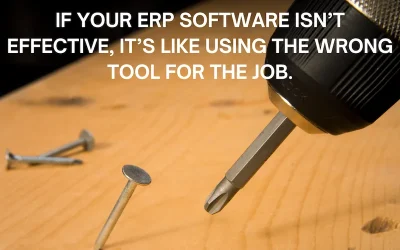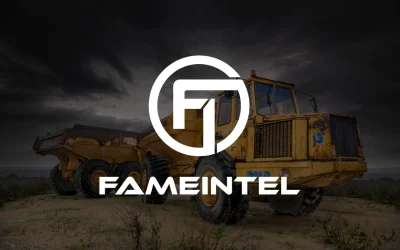Importance of a Clear Rental Agreement
Creating an equipment rental agreement is a way to protect your assets and your business overall. Most importantly, the terms and conditions of any rental contract should be crystal clear. It ensures transparency with your Customer and states:
- What you as a rental company will provide
- What you expect from the Customer
- The condition in which you expect the returned rental equipment to be at the end of the contract
- All fees and penalties
Even if most Customers neglect to read these contracts and the terms and conditions you lay out, it will give you legal backing if you have to take action against the misuse or damage to an asset.
An Effective Equipment Rental Contract
A clear and effective equipment rental contract should include the following elements:
- Duration of The Rental: Your Customer should know when the rental starts (e.g. when leaving your store or when arriving at their location), and when the rental will end (e.g. when called off or when physically arriving at your store).
- Financial Terms: This includes your rate structure (Hourly, Daily, Weekly, and Monthly based on measured durations), and any grace periods if you choose to offer them. Also, state any special terms for weekends and holidays. With equipment that is metered, include how allowances are determined, and what the price is if the renter uses more than allowed. If any equipment requires fuel, what is the price to refill it? Deposits are also an option, particularly for certain Customers – what are the terms for collecting and then refunding any Deposit?
- Special Fees and Taxes: In addition to any Sales or Use Tax, other fees that you will assess during the Rental – e.g. Damage Waiver, Environmental Fees, etc. These are tricky because they sometimes apply to specific types of equipment, and not to all rentals.
- Compensation Due to you for Loss or Damage: This will cover the costs owed to you by the Customer if something should happen to the equipment or cause injury during the time it is in their possession. Some choose to show the market or replacement value of the equipment to support a loss claim, while others do not.
- Renewal Options: Include any renewal options that might exist within a rental contract agreement. This ensures that your Customer knows how to go about keeping their equipment a bit longer without facing a penalty if applicable.
- Maintenance Responsibilities: If you want your Customer to perform any maintenance before returning the equipment to you, outline exactly what is expected within your rental contract. If you will be performing any scheduled maintenance, be sure to state how long you will need and how often, and obligate your Customer to make the equipment available to you.



